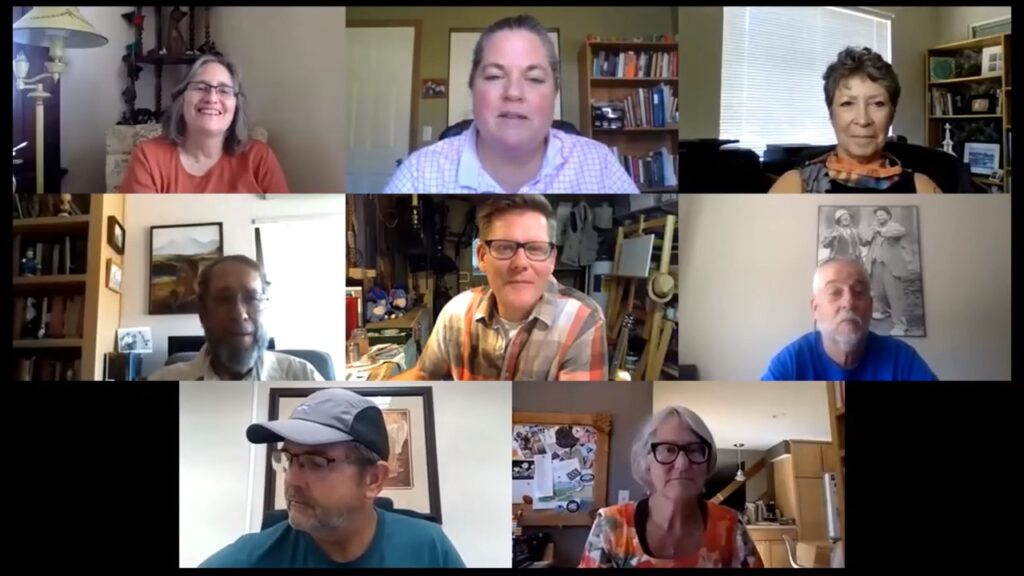Local pastors convene dialogue about race and social justice
With the backdrop of a fractious national conversation about race, a small group of local pastors plus a few of us from the community have started a year-long series of dialogues aimed at trying to better understand our own biases and how our community tends to leave some people on the outside looking in.
We want to be better community members and foster a greater sense of kinship and belonging in North Central Washington and we’ll be sharing our journey with the community through YouTube videos of our conversations and posting reflections and thoughts on my blog, artofcommunityncw.com.

As one of two community members along with Karen Rutherford, this is the least diverse group imaginable — all of us identify as white and most are over 50 years old. We share a desire to start wrestling with social justice issues — how we benefit from being part of the dominant culture in this country. We’ll be exploring as best we can what unique challenges are faced by others in our community.
We’re calling this effort Living Into Inclusivity and fellow travelers in this journey include faith leaders Laura Shennum of Cascade Unitarian Universalist Fellowship, Sheila Marie and John Coleman Campbell of First United Methodist Church, Thom Nees of Serve Wenatchee Valley, Frances Twiggs of St. Luke’s Episcopal Church, Dave Haven of Celebration Lutheran and James Aalgaard of Grace Lutheran Church.
This effort was sparked by the death of George Floyd and the growing calls in this country asking that we start coming to grips with the lingering racism that exists.
This inquiry is about becoming more aware of the injustices that exist and developing a greater sense of empathy and understanding. We are starting this endeavor knowing that having biases is part of the human condition and the conviction that we should acknowledge those shortcomings and take it upon ourselves to foster a more equitable and inclusive community.
These are challenging and uncomfortable conversations but we’re going to do the best we can to confront and work through the discomfort.
What I appreciate about this group of individuals is the heart that each of them has for the community and for their fellow human beings. In today’s politically charged environment, empathy seems to be in short supply and we think our own hearts is the logical place to begin. The way I see it, this isn’t about feeling “bad” about being part of the dominant culture but instead as fuel to work to foster a greater sense of equality.
I think it’s fair to say that the members of our small group share the belief that everyone belongs in the community and should be treated with dignity and respect — that everyone has something important to contribute. We want a country and a community that is focused on fostering a greater sense of belonging.
We will be seeking to learn about not just our own biases but also the ways in which our society has adopted practices and policies that exclude people from participating. Some of these are overt while many are opaque and less obvious.
These are going to be difficult and uncomfortable conversations and we come at this with a hope of being positive forces for change. Last Friday, we gathered for our first dialogue via Zoom and talked about hopes and fears about this year-long series of conversations. We have lots more questions than answers.
I’’ll be writing a summary of that conversation and we’ll post the video for those who would like to follow along. We will be also posting upcoming topics and resources that will be guiding our discussion in case others would like to join in vicariously. That conversation is being posted to YouTube and I’ll be writing about our conversation for an upcoming column.
